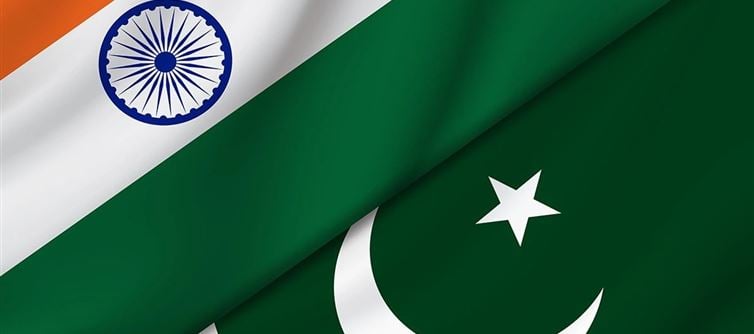
Concerns in international security and diplomatic circles have been raised by this danger, which has sharply focused attention on the long-standing nuclear agreement that is a pillar of regional nuclear stability.
Following a stern threat from its ambassador to russia Muhammad Khalid Jamali, who said on May 4 that Islamabad "would use nuclear weapons" if india began military action, pakistan took its provocative action. The 1988 nuclear non-attack agreement is now at the forefront of geopolitical discussions, and the statement has increased concern over South Asia's precarious nuclear stability.
Prime minister Narendra Modi responded forcefully to what he described as Pakistan's "nuclear blackmail" in his most recent speech to the country. "Nuclear blackmail will not be accepted by India. Our operations against pakistan have simply been put on hold; their actions will determine how things turn out in the future. "A new line has been drawn—Operation Sindoor is now India's new policy against terrorism," Modi said, indicating a more resolute position.
Signed on december 31, 1988, and in effect since january 27, 1991, the India-Pakistan Non-Attack Agreement requires both countries to refrain from attacking one another's nuclear installations and to exchange lists of such installations on january 1 of each year. The Ministry of External Affairs announced on january 1 that this year's 34th consecutive exchange was part of a confidence-building measure that has survived decades of conflict.
Research reactors, uranium enrichment plants, fuel fabrication facilities, and other enterprises handling radioactive materials are among the many nuclear facilities covered by the agreement.
Over the years, even during times of extreme animosity between the two nuclear-armed neighbors, it has remained a rare pillar of moderation and transparency.
International fears have been rekindled, meanwhile, by Pakistan's heightened nuclear posture and threats to abrogate the agreement. The nuclear crisis has raised concerns about Islamabad's nuclear responsibility as well as regional stability.
Pakistan was referred to as "the most dangerous country in the world" by US President Joe Biden in 2022, citing its nuclear arsenal and lack of internal unity. International suspicions were heightened the same year when the US Commerce Department placed Pakistani companies on a blacklist for transferring goods to its nuclear program.




 click and follow Indiaherald WhatsApp channel
click and follow Indiaherald WhatsApp channel